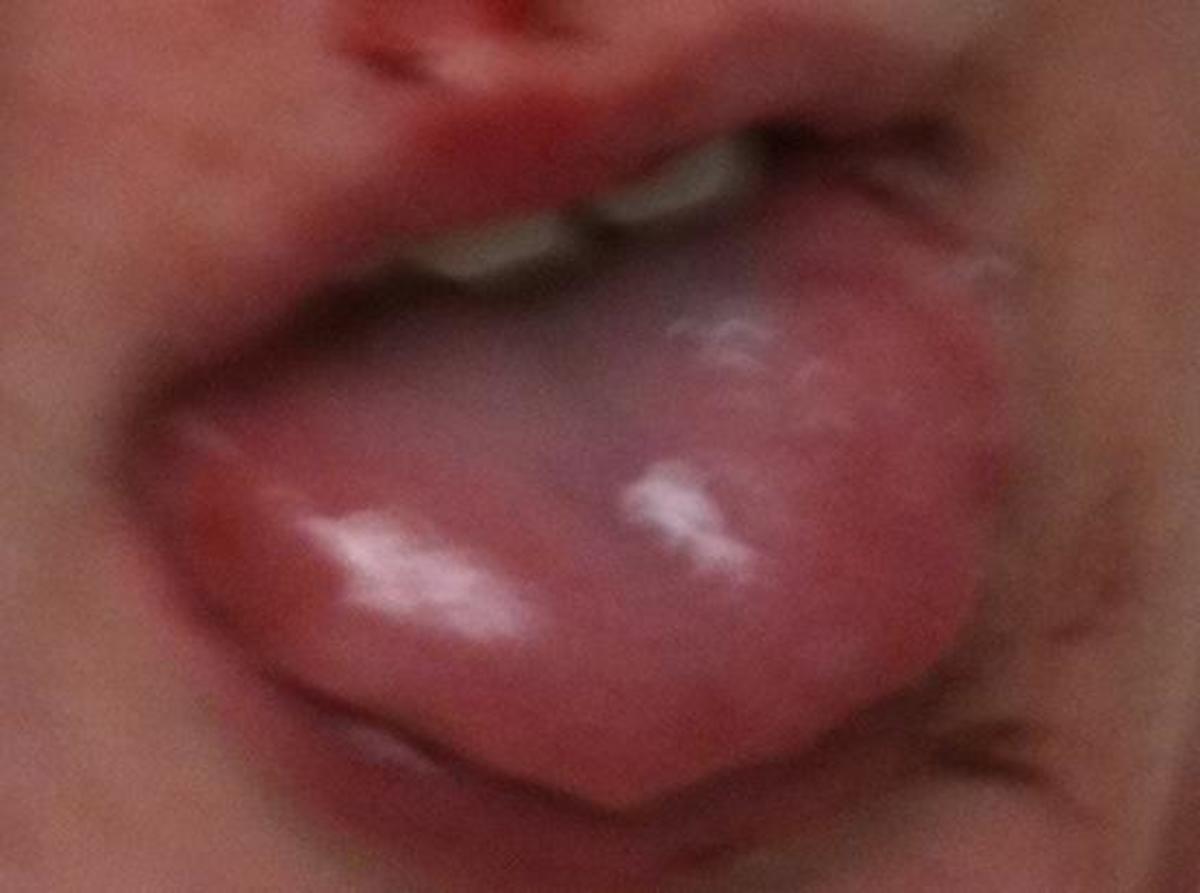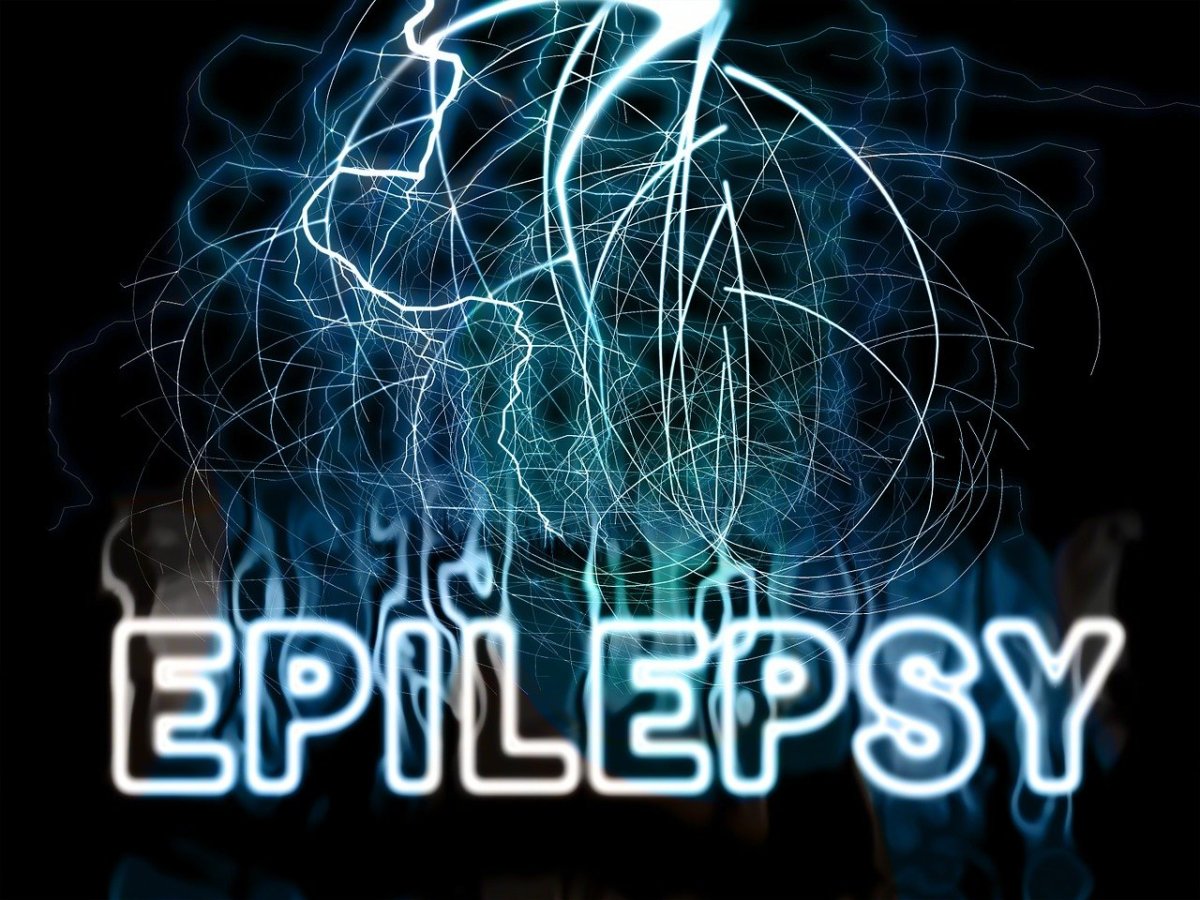Epilepsy and Nodding Syndrome In South Sudan

Purchasing Freedom
On July 9, 2011 South Sudan not only became a new African nation, but also confronted 1) a bombing by enemy forces of their allies, the Nubians in the Nuba Mountains, 2) overtures of larger nations to obtain the South Sudanese oil reserves, and 3) a fatal seizure disorder emerging again among children ages 5-15, similar to epilepsy. Yet, the nation's people and its leaders are determined to overcome all of these obstacles.
I studied the seizure disorder in preventive medicine and learned that part of its process is an interruption in nerve transmissions to the muscles of the neck, causing the head to nod downwards in a type of minor seizure. Although studied since the 1960s, no known single cause or cure is extant. The largest risk factor seems to be poverty, and South Sudan is a poverty-stricken nation since its beginning. Many of the largely Christian populace of South Sudan today has escaped the former removal of arms by machete to the shoulders of men, women and children that Sudan visited upon them for admitting their Christianity. Human trafficking, slavery, and starvation were adjuncts to the de-limbing.
Two regional churches in Indiana and Ohio together sent a large ship of food, medical supplies, and volunteers to Sudan, with donations to purchase the freedom of individual slaves. I was able to donate funds to purchase freedom for three people. People by the truckful were able to be freed in our efforts. Now, nodding syndrome threatens their youth.

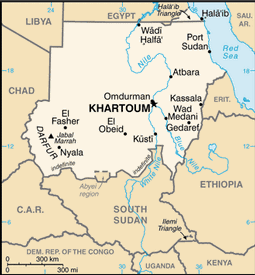
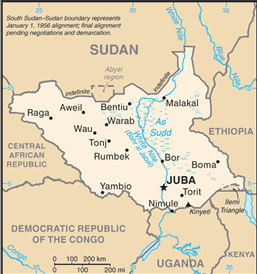
Risk and Impact
The CIA Factbook reports a population of 8.26 to 9.28 million individuals in South Sudan, the 2008 Census being in question for accuracy.
Over 44% of these people are ages 14 and younger, while 54% are ages 15 to 64. The first age cohort is particularly susceptible to Nodding Syndrome, which strikes hardest among children and youth ages 5 through 15 years.
The condition is generally fatal, along with psychologically and physically disabling. The nodding can also cause the child to fall and suffer head trauma. Nodding Syndrome causes permanent stunting of growth in the body of the brain, resulting in mental retardation as well.
Given the potential disabilities and fatality of the condition, nearly half of the population of the the new country might be eliminated if the population succumbs to Nodding Syndrome or Nodding Disease.
South Sudan is already subject to poverty and a low litaracy rate of 27%, which add to decreased health status. Infectious diseases are still a major public health concern since sovereignty, more so since no health and medical system is operating in independent South Sudan. Vector borne diseases (carried by living or dead species) include Malaria, Sleeping sickness, and Dengue. Thankfully, Elephantiasis is not prominent. Water borne diseases include Schistosomiasis (from a worm). Rabies is commmon as well, from a variety of animals. Food borne (ingested) diseases include dysentery/diahhrea caused by bacteria and protozoa, Hepatitis A and E, and Typhoid Fever (long eradicated in USA).
SYMPTOMS AND CAUSES
The symptoms of Nodding Syndrome are quite strange, as described by the World Health Organization. When an afflicted child sees food, he or she stiffens bodily and loses contriol of the neck muscles, as the head nods (some observers are reminded of bobblehead dolls). Chewing food can trigger the seizures. When the child feels cold, a slight seizure occurs. When the child is done eating or once again is warm, seizures stop.
In addition, previously unknown foods given to the child do not cause the nodding seizure. One would suspect that parents are conditioning the response in their children, but actual seizures are taking place.
There is some speculation that Nodding Syndrome is associated with one of the other infectious diseases rampant in the nation, but it is certain only that poverty is a link. Most of the people in South Sudan are destitute, but free. Lack of clean drinking water is an ongoing program, however, only a little of half of the population having access to it.
At the same time, the climate is abundant with rain and water from the White Nile that would make good agricultural land, if South Sudan leadership can be persuaded to develop it in order to diversity its economy away from oil. In addition, this would provide additional food for its people, as well as options for green water treatment via the roots of native plants. South Sudan also contains one of the largest wetlands in the world, the Sudd, which may be put to better use.
South Sudan
Abyei is Located Between the Two Countries
Location of Outbreaks
The UN, WHO, CDC, and UNICEF began in 2011 to closely examine an outbreak of Nodding Syndrome in the cluster of adjacent Maridi, Yei, Lainya, and Juba Counties, in the southern part of South Sudan.
However, one of the largest problems reportedly occurred in Abyei, a region of land to the north, between Sudan and South Sudan, belonging to neither nation; and in Uganda long-term.
In addition to the public health problem of Nodding Syndrome, Ethiopian peacekeeping forces entered Abyei before mid-July 2011 to quell military insurrections. It is unclear whether that event had any impact on the proliferation of Nodding Syndrome.
A suggestion exists that Nodding Syndrome is present more often than not in cases of River Blindness caused by a parasitic worm called Onchocerca Volvulus spread via a blackfly bite (vector borne illness). Worms can live in our connective tissues for 15 years or more.
The WHO determined in June 2011 that children suffering from Nodding Syndrome also have other seizures and these seizures respond to anti-epileptic drugs.
Possible causes of Nodding Syndrome include:
- Biochemical and chemical warfare in the region
- Ingestion of chemically treated seeds for planting crops
- Ingestion of toxic water
- Ingestion of spoiled or chemically treated foods
- The proximity of large reserves of oil; oil contamination of water/food
- Some other sort of poisoning
- Side effect of one of the endemic infectious diseases - especially involving the waters from the Yei River
- Malnutrition or exposure to toxins of the mother while pregnant
- Heredity may also be a possible factor, perhaps mutation
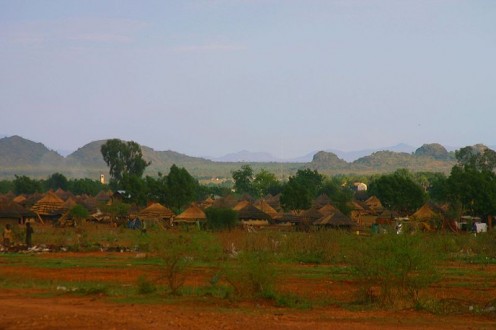
Impact on Sovereignty
South Sudan faces a lack of all major government and societal systems as a new nation. This includes a water treatment system, a healthcare system, a school system, and others. The public health threat of Nodding Syndrome may kill half of the country's population, or more. At the same time, Sudan may be reckoning to overtake South Sudan oil, since the northern country owns all the pipelines; and other countries want the oil. Further, military actions are occurring in Abyei and the Nuba Mountains on South Sudanese borders.
South Sudan Evacuations
- US sending Marines to Africa in preparation for evacuations in South Sudan | Fox News
The U.S. military is sending Marines and aircraft to the Horn of Africa in anticipation they may be needed to respond to the violence in South Sudan, Fox News confirms.
Nodding Disease in Uganda







